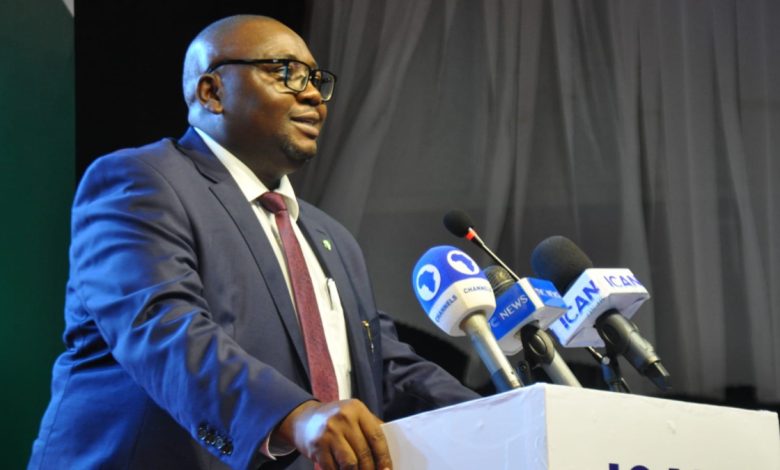President Bola Ahmed Tinubu’s cabinet reshuffle on Wednesday saw five ministers removed from office, but Adebayo Adelabu, Minister of Power, held onto his position despite widespread calls for his dismissal following multiple national grid collapses.
The reshuffle, which resulted in the sacking of high-profile ministers like Barr Uju-Ken Ohanenye (Women Affairs), Lola Ade-John (Tourism), and Prof. Tahir Mamman (Education), came amidst Nigeria’s persistent power struggles.
Notably, Adelabu escaped the axe, much to the surprise of many, especially after the recent grid collapses, which left Northern Nigerian states in darkness for three days.
According to the Transmission Company of Nigeria (TCN), the blackout was caused by a fault in the 330kV Ugwaji–Apir Double Circuit transmission lines, which tripped on Monday, plunging parts of the North East, North West, and North Central into darkness.
“The situation has yet to be resolved,” confirmed Kunle Olubiyo, President of the Nigeria Consumer Protection Network.
Despite the ongoing crisis in the power sector, including at least four grid collapses last week, Tinubu’s decision to retain Adelabu has been criticised.
The Human Rights Writers Association of Nigeria (HURIWA) recently demanded the Power Minister’s removal due to “policy inconsistencies” and the lack of significant progress in addressing frequent blackouts.
Student groups, including the National Association of Nigerian Students, also called for Adelabu’s removal, aligning with experts in the power sector who have voiced concerns over his handling of the ongoing crisis. Despite these demands, the reshuffle focused on other ministers.
With new appointees such as Nentawe Yilwatda (Humanitarian Affairs) and Dr Jumoke Oduwole (Industry, Trade, and Investment), the reshuffle leaves questions about the future of Nigeria’s power sector unanswered.



